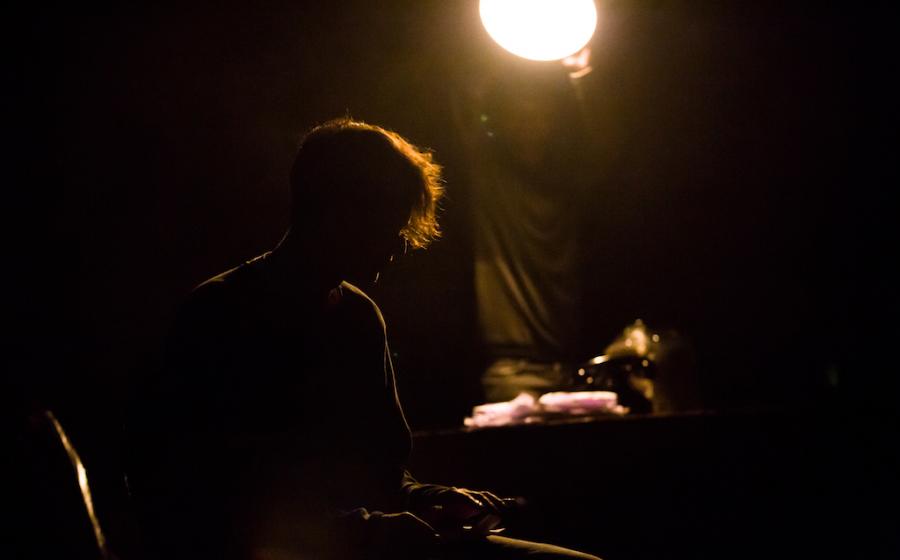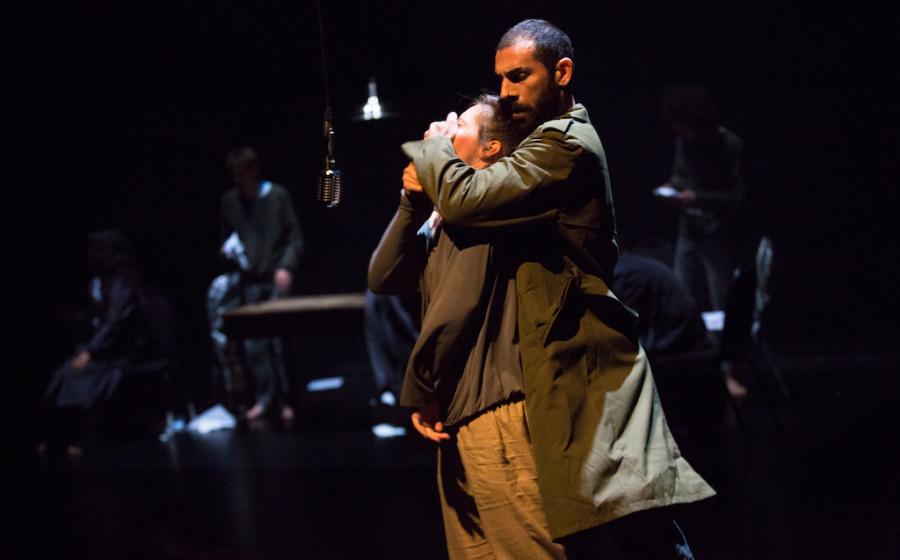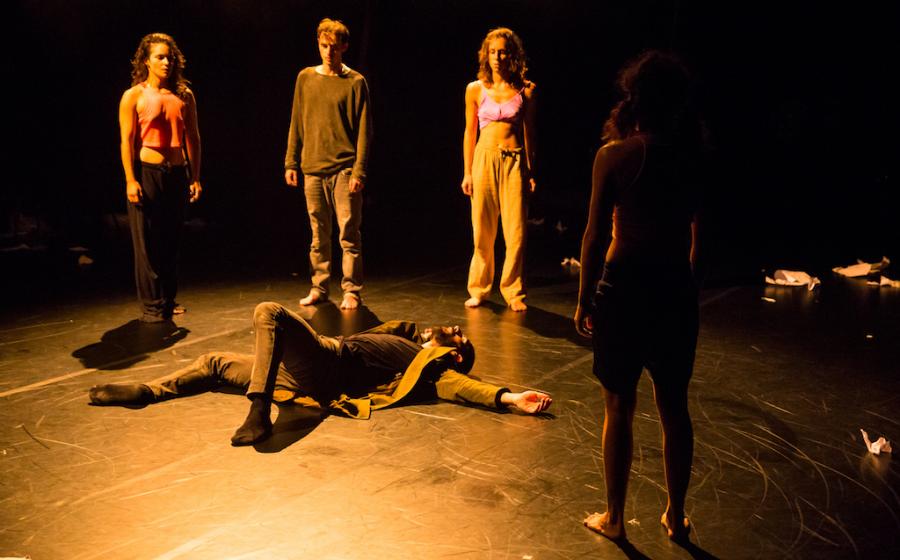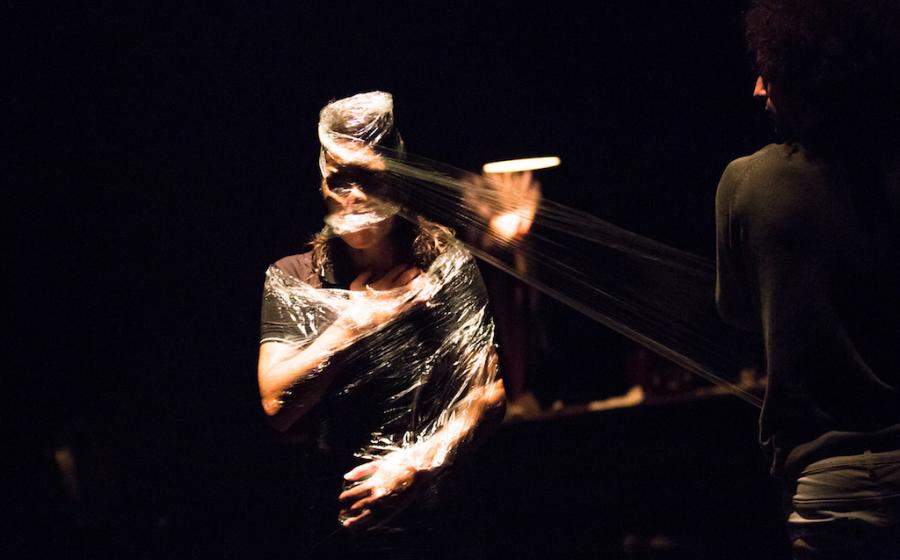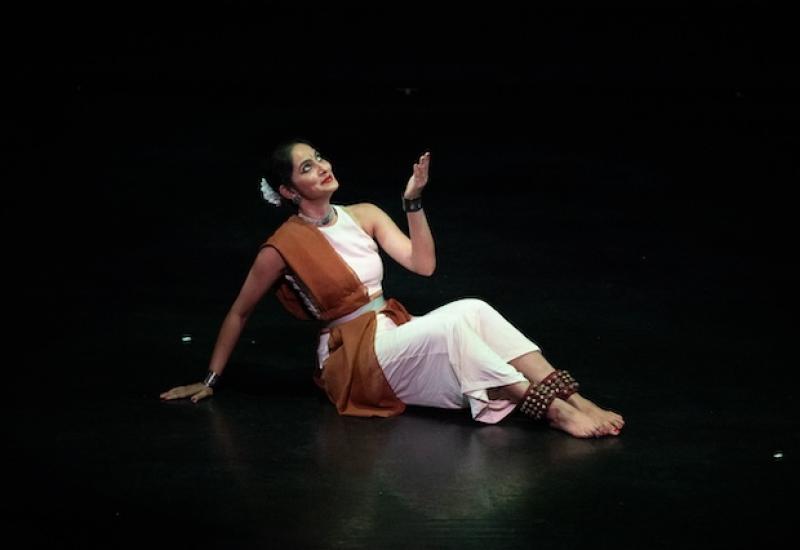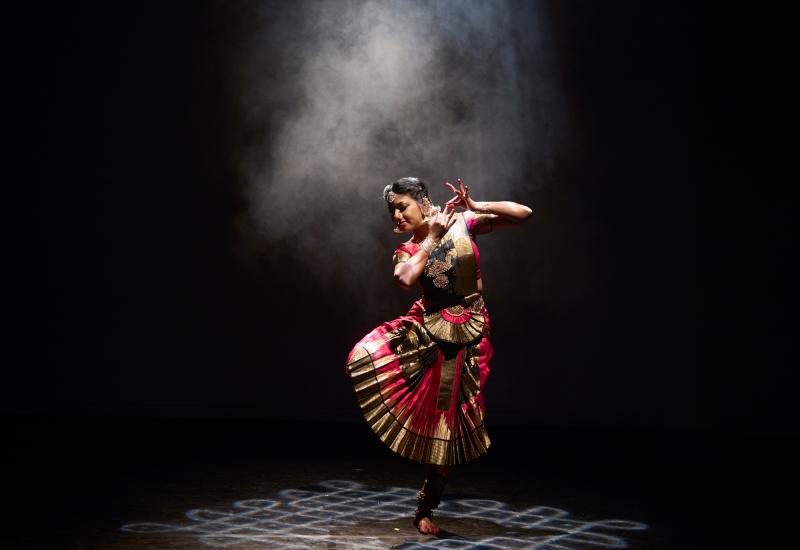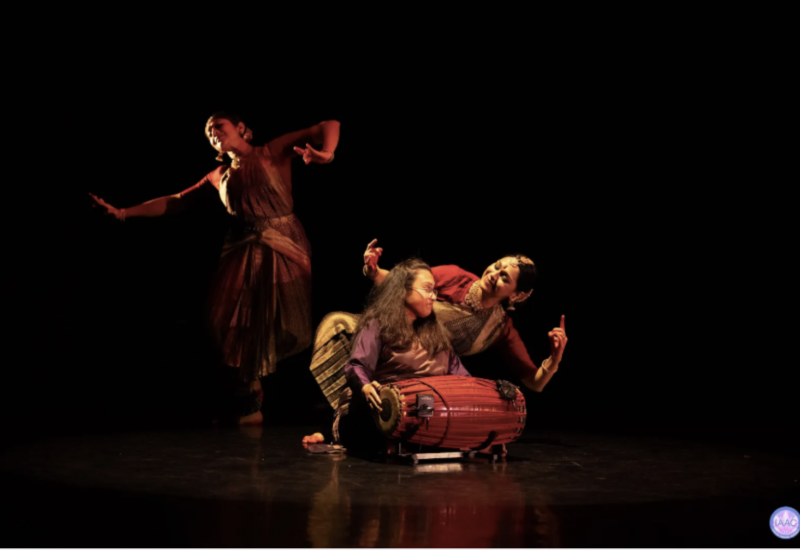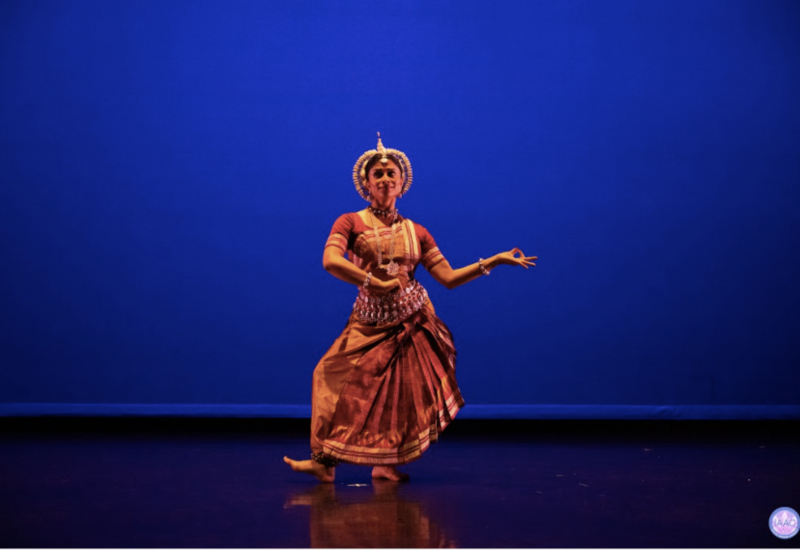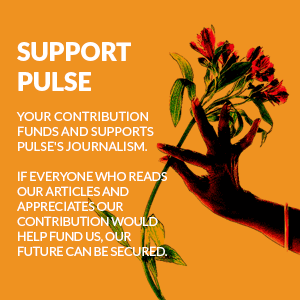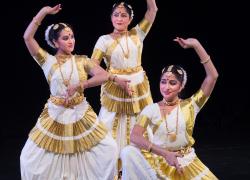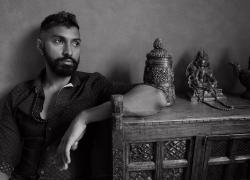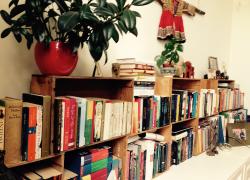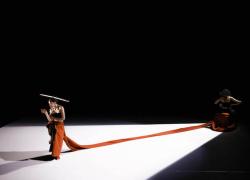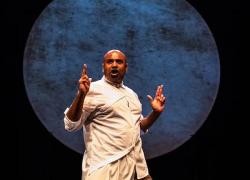#Je Suis
#Je Suis, Aakash Odedra Company, Birmingham Hippodrome, 15 February 2018 – Reviewed by Magdalen Gorringe
Aakash Odedra’s latest work, #Je Suis (which received the 2017 Amnesty International Freedom of Expression award from a long list of seventy) is a beautiful yet disturbing exploration of oppression, censorship, and the value of those freedoms we too often take for granted.
The piece is performed by seven Turkish contemporary dancers, and took as its starting point these dancers’ experiences of living in Turkey today. Odedra has chosen his company well, as every one of the dancers is stunning to watch. The dancing is well supported by a lighting design (by Alessandro Barbieri) that occasionally creates images Caravaggio-esque in their use of light and shade; images which provide snapshot glimpses of life lived in fear. A group huddle anxiously round a wireless radio. Another group stand, arms raised in protest. Yet the slickness, and the gliding grace of the dancers’ movements, do not disguise the brutality of what is portrayed.
The threat of the oppressor is a constant presence, powerfully personified by dancer Evrim Akyay. He haunts the stage, now the intractable official who holds in his hand the pass that determines your future; now the secret police arriving with predatorial stealth to muzzle and detain you. The rest of the company dance, at times cautiously, at times desperately in the face of this threat, seeking ways to make life bearable. A newscaster insists that all is well. “If you close your eyes really, really tight’ says another woman, "you will not see". If you shut your ears, you will not hear. Meanwhile the disappearances continue, and the bodies wash up steadily on the shore. A woman is wrapped in cellophane. She gasps and writhes, struggling to breathe. A stage light shines out onto the audience placing us both in the position of the persecuted, and exposing us to scrutiny as persecutors. Where are we positioned in the face of this inhumanity? If you close your eyes, you will not see...Part of the reason behind the choice of name, explain the programme notes, is to draw attention to the kind of solidarity and empathy shown in the case of violence in Paris or Manchester or London and yet conspicuous by its absence in the case of Kabul, Baghdad or Mogadishu. And yet for all people equally, as the programme puts it, "Je Suis – I Matter".
Dancers hurtle, rolling upstage while others leaping forward hurdle them – only to then collapse and roll frantically back up stage themselves, in a cycle as relentless as fear itself. They whirl like Turkey’s dervishes, a madness of circling the only way to confront a world that is mad.
There are moments that don’t quite work. The intended humour in the use of Chaplin’s spoof of Hitler from the Great Dictator is not given the space to really puncture the tautness of the atmosphere. Where the three male characters are identifiable as oppressor, victim turned hero and joker, the characters of the women could be developed further. Finally, as a classical Indian dancer (and I feel permitted to write this in an e-zine for the South Asian dance sector), and knowing the exquisite kathak dancer that Odedra is, I yearned to see a more distinct influence from kathak.
Yet these gripes do not detract from the value of the piece. In the final scene, as the dancers stamped their feet in a semicircle to disempower in their unity the oppressor suddenly shrunken in solitude, I felt the urge to join in the stamping. An important and powerfully performed piece, which held the audience rapt.

